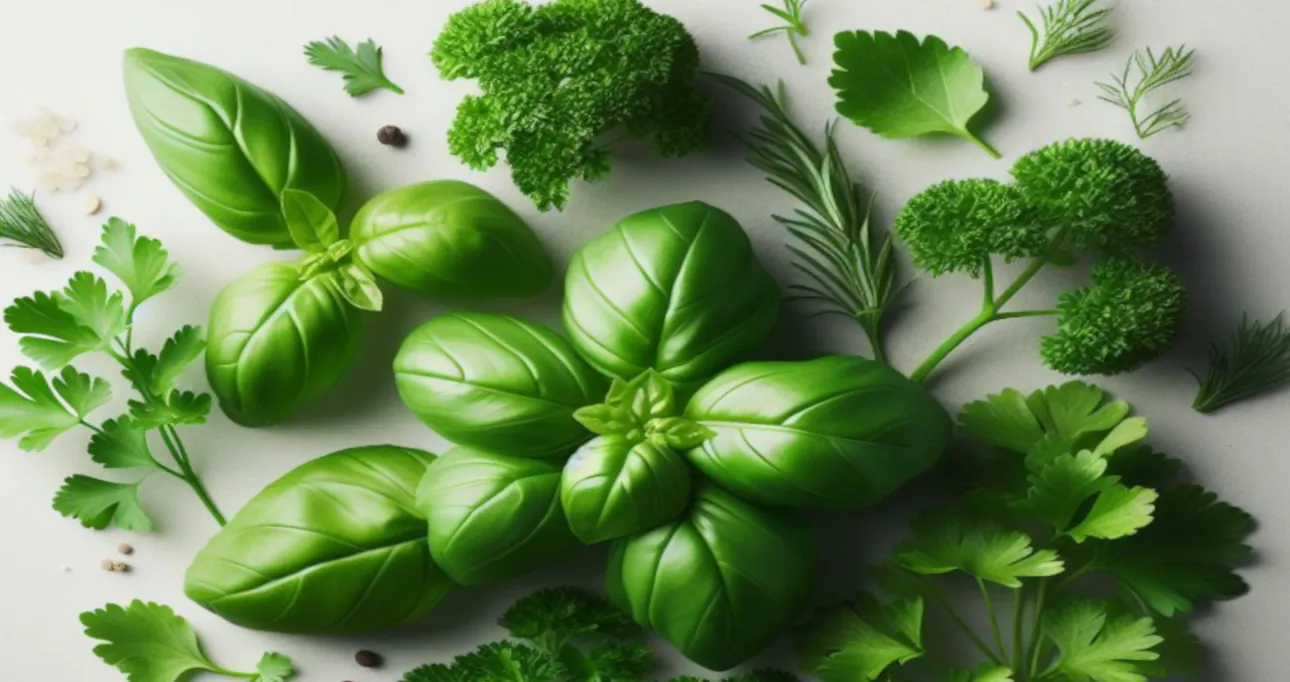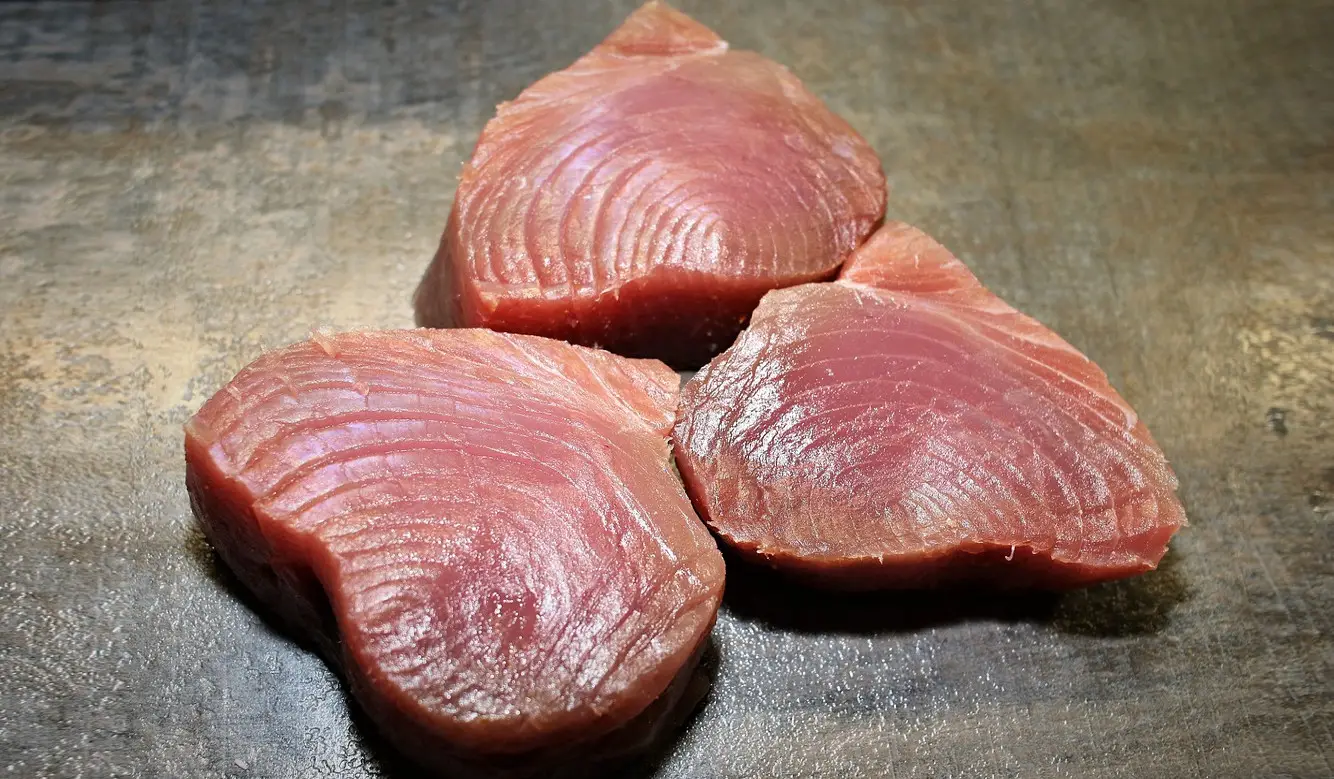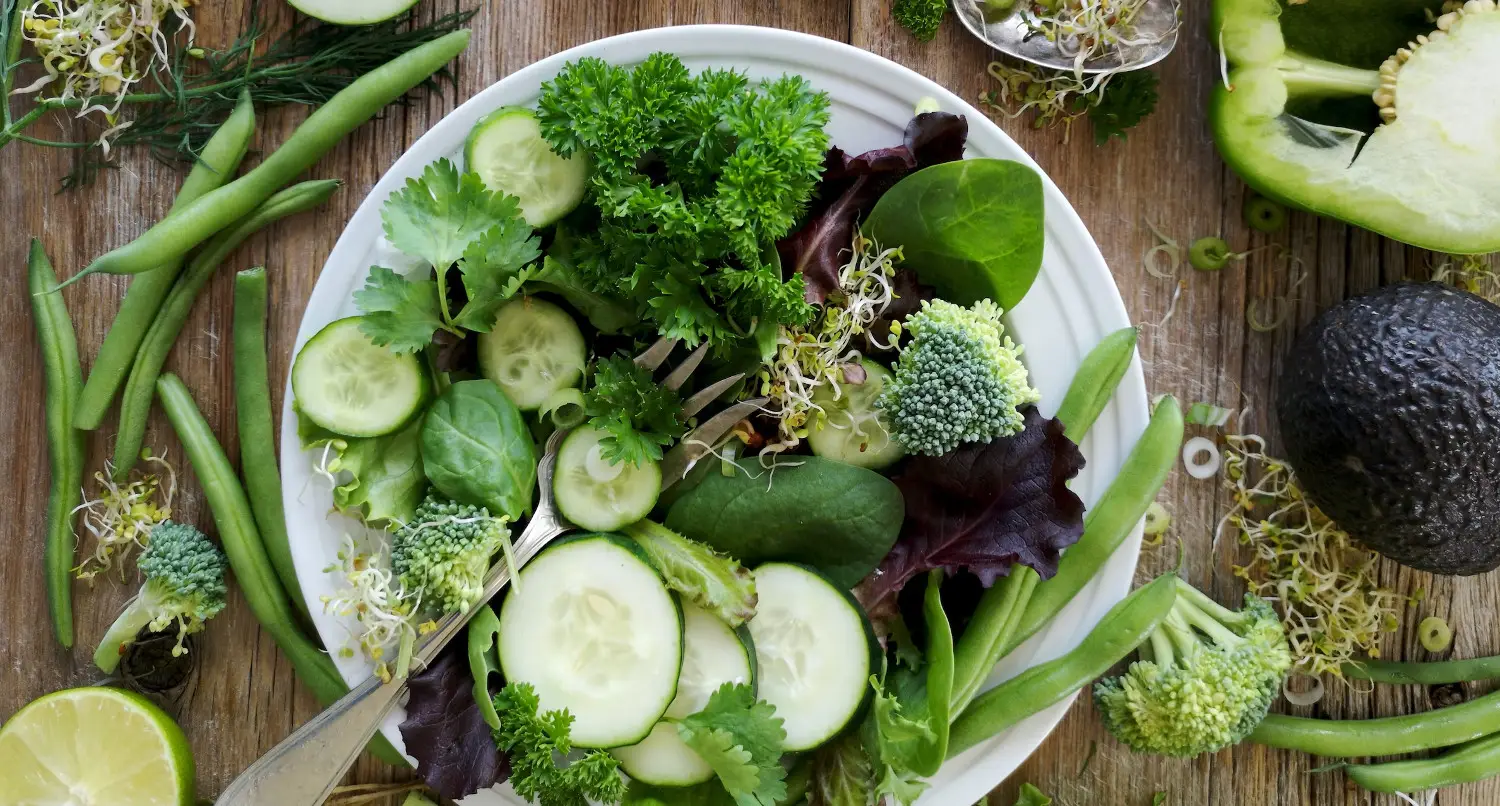Parsley Lysine and Arginine Info Sheet
Overview
Parsley is an herb that has green, curly or flat leaves and a fresh, peppery, and slightly bitter flavor.It is often used fresh or dried as a garnish, seasoning, or ingredient in various cuisines.
Parsley is one of the most popular herbs in the world, and can be found in dishes such as soups, salads, sauces, or stews.
Parsley is rich in antioxidants, especially vitamin C, which may protect against oxidative stress and inflammation.
It also contains some vitamin A, K, folate, iron, and calcium.
Parsley may also help prevent kidney stones, urinary tract infections, and bad breath.
Parsley is also low in calories and high in water, making it a refreshing and hydrating herb.
| Name | Lysine (mg/100g) | Arginine (mg/100g) | Ratio |
|---|---|---|---|
| Parsley | 300mg | 122mg | 2.459 |
Parsley contains 300mg of Lysine and 122mg of Arginine per 100g of product.
This means Parsley has a very high Lysine-Arginine ratio of 2.459.
Because Parsley contains much higher levels of lysine than arginine, it is highly recommended for people who suffer from herpes, as it may prevent outbreaks.
Lysine Considerations
Parsley has a moderate amount of lysine, which may help prevent or treat cold sores caused by the herpes simplex virus.
Lysine may also support immune function and collagen synthesis.
Lysine has the potential to prevent or treat cold sores, which are blisters caused by the HSV-1 virus, also known as herpes.
Lysine operates by working against the proliferation of HSV-1, which relies on another amino acid, arginine, to reproduce and infect cells.
Lysine can only be acquired through our diet, and is present in many high-protein foods such as eggs, dairy products, fish, meat and poultry.
Arginine Considerations
Parsley has a low amount of arginine, which is not enough to meet your daily needs either.
Arginine is a semi-essential amino acid that is involved in various metabolic processes, such as nitric oxide synthesis, urea cycle, and wound healing.
Arginine also plays a role in blood pressure regulation, immune response, and sexual function.
Arginine is semi-essential for human health, and can be synthesized by the body under normal conditions.
However, some situations may increase the need for arginine, such as stress, injury, or infection.
Arginine can promote your wellbeing and performance, such as lowering your blood pressure, healing your wounds, and boosting your exercise endurance.
Arginine can be made by the human system or obtained from foods like meat, dairy, nuts, and soy.
Unfortunately, the herpes virus is known to "feed" on arginine, and having a diet higher in arginine than lysine may increase the occurrence and severity of cold sores and herpes outbreaks.
Lysine-Arginine Ratio
Parsley has a high lysine-arginine ratio, which means it has more lysine than arginine.
This may be beneficial for people with herpes infections, as lysine can block the absorption of arginine and inhibit viral replication.
Both lysine and arginine are essential for protein synthesis and various other bodily functions.
They, however, have opposing effects on the herpes simplex virus, which causes cold sores and genital herpes.
Lysine can inhibit the replication of the virus, whereas arginine can stimulate it.
Thus, a diet rich in foods with a high lysine to arginine ratio may help reduce the occurrence and severity of herpes flare-ups.
Foods that have a high lysine-arginine ratio include dairy products products, fish, poultry, fruits, and vegetables.
These foods can provide the body with enough lysine to compete with arginine and inhibit the virus from replicating and causing flare ups.
Dietary Considerations

For example:
Eating a balanced and nutritious diet that supports your immune system and reduces inflammation.
This means consuming plenty of fruits, vegetables, whole grains, lean protein, and healthy fats, and avoiding processed foods, added sugars, alcohol, and caffeine.
Drinking enough water to keep yourself hydrated and remove toxins from your body.
Water can also help prevent dryness and irritation of the skin and mucous membranes, which can result in fewer outbreaks.
You may want to take l-lysine supplements.
L-lysine is known to prevent herpes outbreaks and it can help stop a cold sore in its initial stages by "starving" the virus of arginine before it has a chance to cause a cold sore.
To prevent outbreaks, avoid foods that can cause allergic reactions or sensitivities, such as gluten, dairy, nuts, eggs, or shellfish.
These foods can harm your immune system and make inflammation worse.
Check more food information






